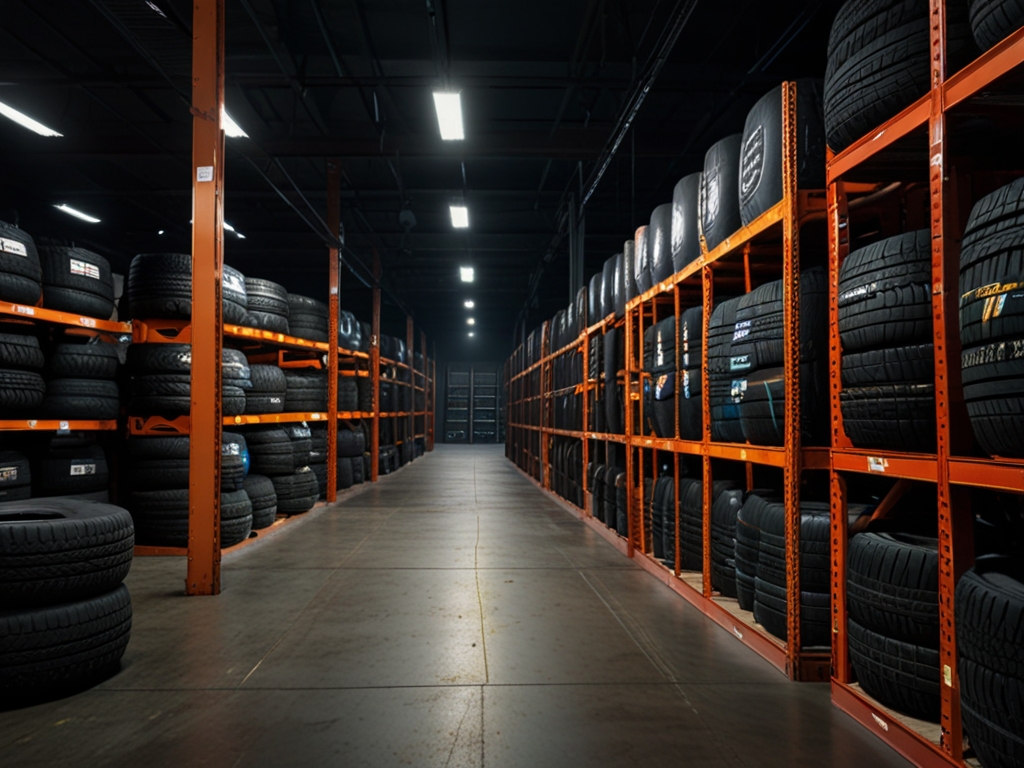2024 Automotive Industry Trends: What to Expect

Delve into the upcoming trends in the automotive industry, including shifts in consumer preferences, technological advancements, and how companies are adapting to a rapidly changing market.
Introduction
As we move into 2024, the automotive industry continues to evolve at a rapid pace, driven by technological advancements, shifting consumer preferences, and global economic factors. Staying ahead of these trends is crucial for manufacturers, suppliers, and service providers alike. In this article, we’ll explore the key trends expected to shape the automotive industry in 2024 and how businesses can adapt to remain competitive.
“In 2024, the road ahead is paved with innovation; those who adapt to the changing landscape will lead the way.”
HIVIEW INTERNATIONAL
1. Electrification Continues to Accelerate
The transition to electric vehicles (EVs) shows no signs of slowing down. Governments worldwide are implementing stricter emissions regulations, and consumers are increasingly opting for environmentally friendly options. In 2024, we expect to see even greater adoption of EVs, driven by advancements in battery technology, increased range, and a broader charging infrastructure. Companies that invest in electric vehicle components, charging solutions, and related technologies will be well-positioned to capitalize on this shift.
2. Rise of Autonomous Vehicles
Autonomous driving technology is making significant strides, with several manufacturers and tech companies racing to bring fully autonomous vehicles to market. While fully self-driving cars are still a few years away from widespread adoption, 2024 will see more advanced driver-assistance systems (ADAS) becoming standard in new vehicles. These systems enhance safety and convenience, offering features like lane-keeping assistance, adaptive cruise control, and automated parking. Businesses involved in developing or supplying ADAS components can expect increased demand.
3. Connected Vehicles and IoT Integration
The Internet of Things (IoT) is revolutionizing the automotive industry by enabling vehicles to communicate with each other, as well as with infrastructure and the cloud. Connected vehicles can offer real-time traffic updates, predictive maintenance alerts, and enhanced navigation services. In 2024, we anticipate further integration of IoT in vehicles, leading to smarter, safer, and more efficient transportation. Companies specializing in connectivity solutions, data analytics, and cybersecurity will play a critical role in this trend.


4. Sustainability and Green Manufacturing
Sustainability is becoming a cornerstone of the automotive industry. Beyond the push for electric vehicles, manufacturers are focusing on reducing their overall environmental impact through green manufacturing processes. This includes using recycled materials, reducing waste, and lowering energy consumption in production facilities. In 2024, the industry will see increased pressure from consumers and governments for transparency in environmental practices. Companies that prioritize sustainability will not only meet regulatory requirements but also gain a competitive advantage.
5. Shift in Consumer Preferences
Consumer preferences are evolving, with more emphasis on convenience, customization, and technology. The traditional model of car ownership is being challenged by the rise of mobility services such as ride-sharing, car-sharing, and subscription-based models. Additionally, consumers are looking for vehicles that integrate seamlessly with their digital lives, offering features like wireless charging, advanced infotainment systems, and personalized driving experiences. Understanding and catering to these preferences will be key to success in 2024.
6. Supply Chain Resilience
The COVID-19 pandemic exposed vulnerabilities in global supply chains, and the automotive industry was no exception. In 2024, companies will focus on building more resilient supply chains, with an emphasis on diversification, local sourcing, and digitalization. Technologies like blockchain and AI will be increasingly used to enhance transparency and efficiency in the supply chain. Businesses that proactively address these challenges will be better equipped to navigate future disruptions.
Conclusion
The automotive industry in 2024 is poised for significant transformation, driven by electrification, autonomous technology, connectivity, sustainability, evolving consumer preferences, and supply chain resilience. Companies that embrace these trends and adapt their strategies accordingly will thrive in this dynamic environment. Hiview International is committed to staying at the forefront of these changes, offering innovative solutions and high-quality products that meet the demands of the future.
